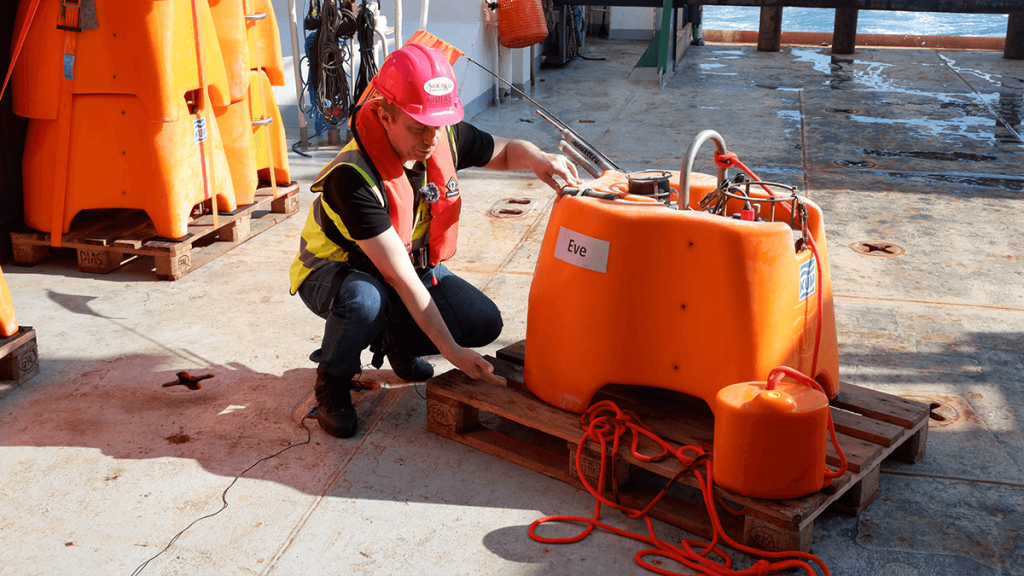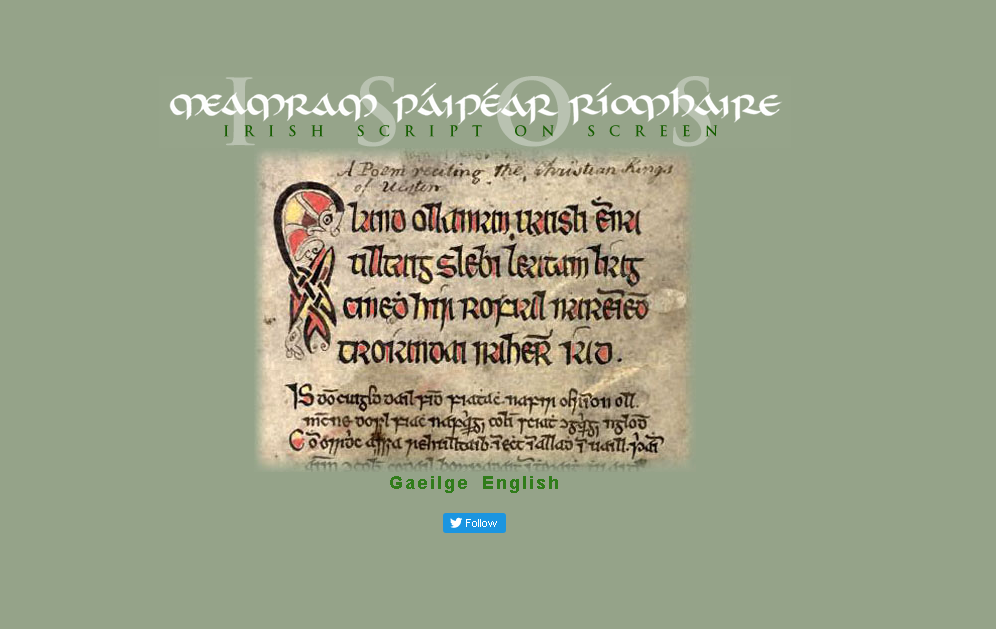The creative ways researchers adapted to life during Covid-19 are being highlighted by the Dublin Institute for Advanced Studies (DIAS) in an end-of-year statement today.
From theoretical physicists solving equations on outdoor blackboards to astronomers building telescopes in their back yard, researchers at the Institute managed to continue their work this year, despite public health restrictions.
Commenting, Dr. Eucharia Meehan, CEO and Registrar of DIAS, said: “We know 2020 was a difficult year for people in every walk of life. For researchers, it meant their usual ability to collaborate, attend international conferences and brainstorm ideas collectively was hindered. Despite this, researchers at DIAS went above and beyond to continue their important work during difficult times and they didn’t let the quality of their work suffer.”
Examples of the ways researchers at DIAS adapted to working life under Covid-19 restrictions included:

- Conducting a successful Covid-19 compliant sea expedition: Unique ocean-bottom recordings of North Atlantic earthquakes and the songs of great baleen whales were obtained by DIAS researchers on one of the boldest deep-ocean research projects ever undertaken in Europe. The SEA-SEIS expedition saw scientists set sail to a range of locations far off the west coast of Ireland in May to retrieve ocean-bottom seismometers that had been deployed in 2018 to record ocean noise.

- Using outdoor blackboards for collaborative problem-solving: Theoretical physicists at DIAS continued their collaborative work on complex theorems by installing some old-fashioned blackboards on the railings outside DIAS to work safely in the open air.

- Online Irish history projects: Celtic Studies researchers launched the Irish Scripts on Screen project, which makes it possible for Celtic Studies scholars worldwide to access ancient Celtic manuscripts online -something that proved more valuable than ever before during Lockdown. So far this year there has been 2,676,399 hits on the Irish Scripts on Screen website.
- Building telescopes in the back yard: During the Covid-19 lockdown this spring, Professor Peter Gallagher, Head of Astronomy and Astrophysics at DIAS, built a VLF antenna telescope in his back yard, using an antenna mount purchased in Woodies. The telescope was later installed at the Dunsink observatory to monitor the Earth’s ionosphere.
“While there were obviously negative repercussions for international collaboration, travel and field work, the pandemic certainly brought the ingenuity of the research community to the fore, with the result that 2020 was as successful a year for DIAS as any other year,” said Dr. Meehan. “During the year, over 4,000 people attended our virtual events, we launched a new astrophotography competition, and we held our most successful Samhain agus Science festival yet.
“Hopefully, 2021 is the year normality returns, but we can certainly be proud of the dynamism and tenacity of DIAS researchers to adapt during this most challenging and unprecedented year. DIAS continues to be a world leader in advanced research, and I look forward to new discoveries being made by our researchers next year.”
Leave a Comment
Last Updated: 13th January 2021 by Caoimhe Mulhall
DIAS end-of-year statement highlights creativity of researchers during Covid-19 pandemic
The creative ways researchers adapted to life during Covid-19 are being highlighted by the Dublin Institute for Advanced Studies (DIAS) in an end-of-year statement today.
From theoretical physicists solving equations on outdoor blackboards to astronomers building telescopes in their back yard, researchers at the Institute managed to continue their work this year, despite public health restrictions.
Commenting, Dr. Eucharia Meehan, CEO and Registrar of DIAS, said: “We know 2020 was a difficult year for people in every walk of life. For researchers, it meant their usual ability to collaborate, attend international conferences and brainstorm ideas collectively was hindered. Despite this, researchers at DIAS went above and beyond to continue their important work during difficult times and they didn’t let the quality of their work suffer.”
Examples of the ways researchers at DIAS adapted to working life under Covid-19 restrictions included:
“While there were obviously negative repercussions for international collaboration, travel and field work, the pandemic certainly brought the ingenuity of the research community to the fore, with the result that 2020 was as successful a year for DIAS as any other year,” said Dr. Meehan. “During the year, over 4,000 people attended our virtual events, we launched a new astrophotography competition, and we held our most successful Samhain agus Science festival yet.
“Hopefully, 2021 is the year normality returns, but we can certainly be proud of the dynamism and tenacity of DIAS researchers to adapt during this most challenging and unprecedented year. DIAS continues to be a world leader in advanced research, and I look forward to new discoveries being made by our researchers next year.”
Category: Astronomy and Astrophysics, Astronomy and Astrophysics Section News & Events, Celtic Studies, DIAS, News, School of Celtic Studies News & Events, School of Theoretical Physics News & Events, Theoretical Physics
Recent Posts
DIAS Astrophotography competition goes mobile for 2024
Irish scientists are part of groundbreaking discovery with James Webb Space Telescope
Dr Pauline Gagnon (formerly of CERN) to deliver two talks at DIAS
DIAS Professor announced as next President of the European Southern Observatory’s Council
Quake Shake: New programme encourages people to get involved in monitoring earthquakes
Language switcher